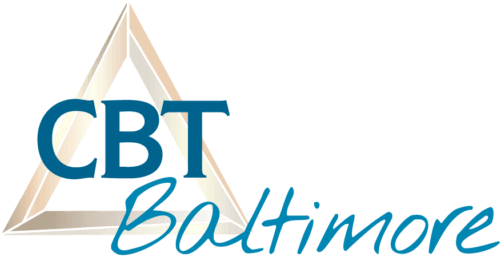Cognitive-Behavioral Therapy (CBT) is the best available psychological treatment for fear, worry, anxiety, and obsessive-compulsive spectrum disorders (OCSD). Decades of research support the use of CBT, the gold-standard psychological intervention.
Overview
CBT is an umbrella term for an approach to psychotherapy and a collection of treatment techniques. It works by addressing the relationship between thoughts, feelings, and behaviors using a variety of teachable skills and techniques, including psycho-education, behavioral exposure and response prevention, habit reversal training, managing behavioral contingencies, cognitive restructuring, behavioral experimentation, problem solving, goal setting, mindfulness, acceptance-based exercises, behavioral scheduling, sleep hygiene, and more. Since each patient presents with unique strengths and clinical concerns, CBT Solutions tailors the CBT treatment plan to each person.
CBT is a present- and problem-focused intervention that depends on an active collaboration between the therapist and patient. Together, the patient and therapist gather data to test the patient’s unhealthy assumptions about the self, world, and future. As part of the active nature of CBT, the patient participates in at-home exercises to supplement treatment sessions. This allows for learning and practicing CBT skills outside of the therapy office and in places that trigger the most problems.
Effectiveness
The type of effective CBT technique depends on the patient’s presenting clinical problem. For example, exposure-based CBT, in which patients practice facing their fears gradually without engaging in safety behaviors, works best for obsessive-compulsive disorder and many anxiety disorders. On the other hand, habit reversal training is effective for many of the OC spectrum disorders, like Tourettes Syndrome and other tic disorders, trichotillomania, and disruptive habits.
CBT is generally effective when administered alone or in conjunction with medication. Research supports the use of some psychopharmacological agents for treating fear, worry, anxiety, and OCSD. More so than medication, however, CBT often has the added benefit of protecting against relapse after ceasing treatment, and it has no physiological side effects. While CBT Baltimore does not provide medication services, we can offer our patients appropriate referrals for psychopharmacology when necessary.
CBT works best with a strong commitment to change, as well as courage, humility, and perseverance.
Contact us to Schedule
Contact the office of CBT Baltimore to find out more about our CBT services.

